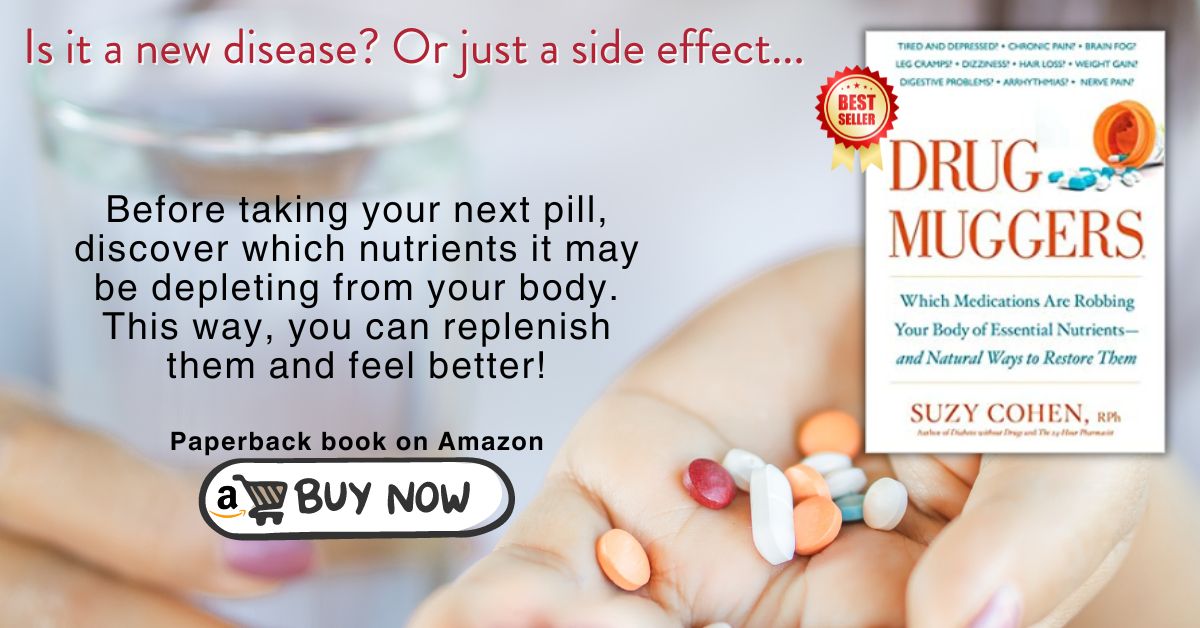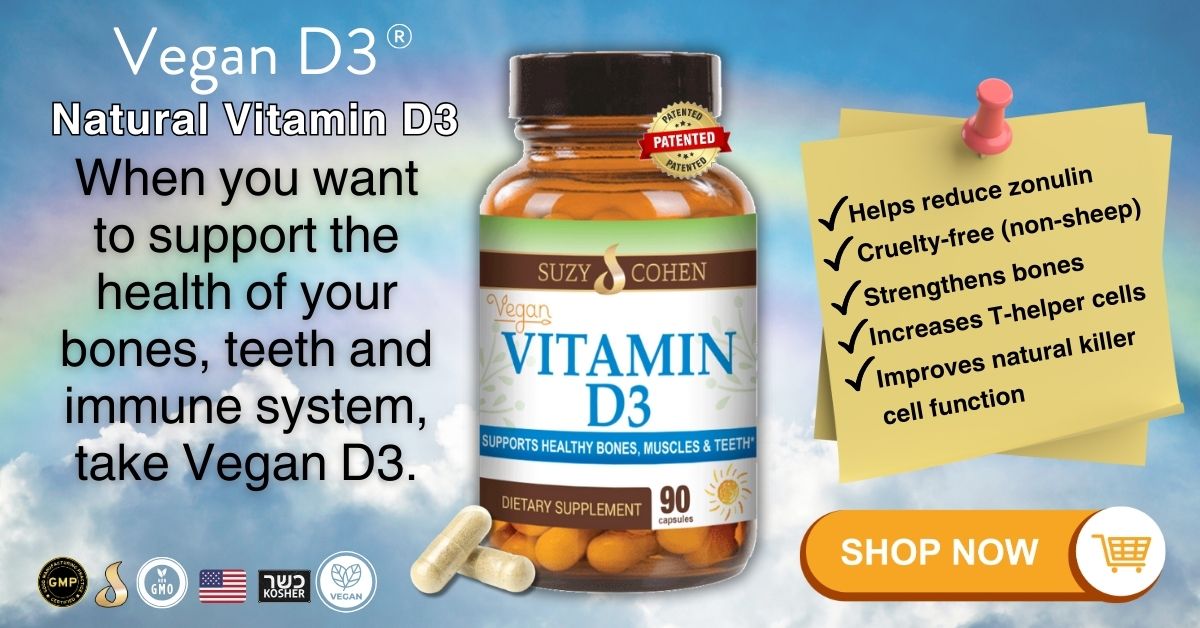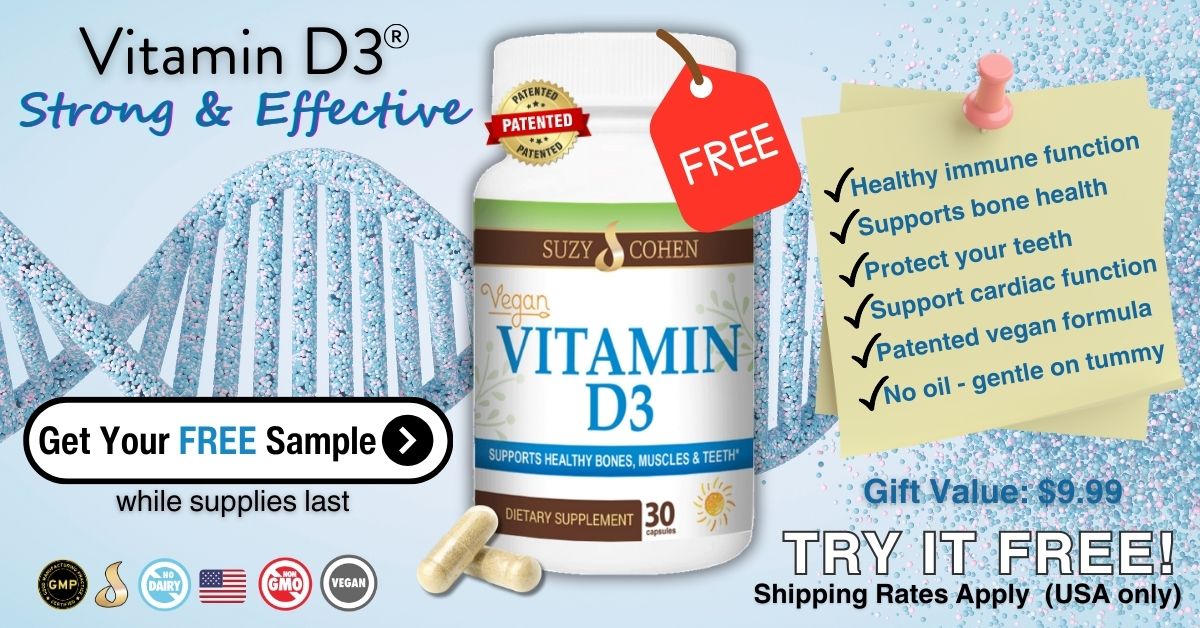What's On This Page?
ToggleBlood pressure medications, while lifesaving, can unfortunately lead to depleted nutrients in your body, an effect I’ve dubbed the “Drug Mugger” effect in my book available on Amazon.
This article explores seven key nutrients often depleted by these medications and offers practical advice on how to replenish them through diet, supplementation, and lifestyle changes, ensuring a well-rounded approach to health for those navigating the complexities of hypertension management. I hope you like it and that it saves you from getting a diagnosis for a new disease.
For pennies a day, you can restore depleted nutrients (should you be taking a blood pressure pill).
Welcome to a vital discussion on an often-overlooked side effect of blood pressure medications: The depletion of essential nutrients from our bodies!
This phenomenon is discussed in “Drug Muggers” and also in a significant number of blogs archived here on my website, feel free to use my search box.
You may like this article I wrote which showcases more examples and explains how drug muggers can literally steal the life out of you: CLICK HERE.
The impact of depleted nutrients on your health cannot be ignored. I will help you counteract these effects and keep your nutrient levels in check, all while keeping things informative and accessible.
Do not go off your medications, just marry the medications with the following nutrients (with your doctor’s supervision and permission).
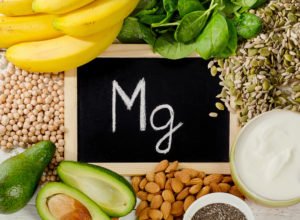
1. Magnesium: The Heart’s Ally
First up is magnesium, a crucial player in heart health, muscle function, and nerve communication. Ironically, lacking in magnesium can actually lead to higher blood pressure, the very thing these medications aim to control. I advocate for chelated magnesium as the superior form for supplementation due to its superior absorption and bioavailability.
This mineral is vital to nerve health, headache reduction and blood pressure!
Aim to include magnesium-rich foods like spinach, avocados, and almonds in your diet, and consider a high-quality Chelated Magnesium supplement to give your body the additional support it needs.
2. Calcium: Building Stronger Bones
Next, we have calcium, essential for strong bones and teeth. Some blood pressure medications can interfere with calcium absorption, but fear not. By adding leafy greens, dairy products, and fortified foods to your plate, you can help maintain your calcium levels and keep your bones healthy and strong. You can measure calcium levels easily with a blood test. Read my blog, Calcium and Hypercalcemia Treatment Options.
If you have difficulty regulating calcium, or it is above the normal range, you may have a problem with your parathyroid glands. Read my other blog, Parathyroid Disease: My Recovery and Reflections.
3. Selenium: The Antioxidant Boost
Selenium might not get all the headlines, but it’s a powerful antioxidant that helps protect our cells. If your medication is leaving you selenium-depleted, turn to Brazil nuts, seafood, and whole grains to bump up your intake and bolster your body’s defenses. Selenium may be an important mineral if you have HYPOTHYROIDISM.
4. Coenzyme Q10: Energizing Every Cell
Coenzyme Q10, or CoQ10, is like the energy spark plug for our cells, especially important for those on certain blood pressure meds that can lower its levels. Fatty fish, organ meats, and peanuts are great natural sources, and considering a CoQ10 supplement could be a wise move to keep your energy levels up. This nutrient is also depleted by statin cholesterol-reducing drugs like atorvastatin, lovastatin, rosuvastatin, etc.
5. Potassium: Keeping the Beat
Potassium is key for heart and muscle health, yet some medications can cause our bodies to lose this vital mineral. To keep your potassium levels balanced, enjoy bananas, sweet potatoes, and yogurt, and you’ll be doing your heart a big favor.
Don’t automatically supplement with potassium without knowing if you need it. A blood test can determine what your levels are and reveal if you are hypokalemic or normal.
Some diuretics are strong drug muggers of potassium, and others preserve levels of potassium. It just depends which drug you are taking. Ask your pharmacist or doctor if you are taking a potassium-sparing diuretic or not.
6. Vitamin D: Sunshine in a Nutrient
Vitamin D, or the sunshine vitamin, is crucial for bone health, immune function, and mood regulation. Blood pressure pills will cause this to be one of the most profoundly depleted nutrients. And when D is depleted, so is calcium. When I say vitamin D, it’s the same thing as vitamin D3.
Since many of us don’t get enough sun or vitamin D-rich foods like fatty fish and egg yolks, considering supplementation, especially if you’re on blood pressure medication, can be a smart strategy for maintaining optimal levels.
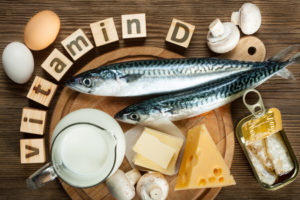
Read my other blog, 20 Unusual Signs of Vitamin D Deficiency. You’ll be shocked at some of the oddities an insufficiency can cause.
7. Thiamine: Nerve and Muscle Support
Lastly, thiamine is essential for energy metabolism and nerve function. If your medication is reducing your thiamine levels, it’s one of those depleted nutrients that leads to brain fog. It’s also depleted by alcohol by the way. I’d suggest incorporating whole grains, nuts, and legumes into your diet can help keep your nervous system running smoothly or taking a supplement that contains either thiamine or benfotiamine (the lipophilic more bioavailable form of thiamine).

Embracing a Holistic Approach
While tackling these nutrient depletions is crucial, it’s just as important to collaborate with your healthcare provider to tailor a plan that’s right for you. Remember, we’re all unique, and what works for one person may not work for another. Stay informed, nourished, and proactive in your journey towards health.
Closing Thoughts about Depleted Nutrients
There you have it—a guide to replenishing nutrients depleted by blood pressure medications. By embracing these strategies and incorporating nutrient-rich foods and supplements into your daily routine, you can support your body and thrive, even while managing hypertension. And don’t forget, for more in-depth information on the drug-nutrient depletion effect and how to counteract it, check out my book “Drug Muggers” on Amazon. Here’s to your health and vitality!
Action Steps to Take Now:
- Diversify your diet with magnesium, calcium, and selenium-rich foods.
- Consider the benefits of adding a chelated magnesium supplement to your regimen. Take it at night for sleep.
- Don’t overlook the power of CoQ10, especially if you’re on statins or certain blood pressure medications.
- Keep an eye on your potassium and vitamin D levels, adjusting your diet or supplements as needed.
- Consult with a doctor to fine-tune your approach and ensure you’re getting the nutrients you need.
Armed with knowledge and the right strategies, you can effectively manage the nutrient depletion caused by blood pressure medications, ensuring you remain healthy, energetic, and well-balanced.

Suzy Cohen, has been a licensed pharmacist for over 30 years and believes the best approach to chronic illness is a combination of natural medicine and conventional. She founded her own dietary supplement company specializing in custom-formulas, some of which have patents. With a special focus on functional medicine, thyroid health and drug nutrient depletion, Suzy is the author of several related books including Thyroid Healthy, Drug Muggers, Diabetes Without Drugs, and a nationally syndicated column.
